In the world of soccer, we often hear about coaches and managers. But the differences between them aren’t always clear.
Sometimes it’s hard to pin down exactly what the roles are of both coaches and managers.
Here, we’ll outline the roles of each before highlighting the differences between them, plus some special examples.
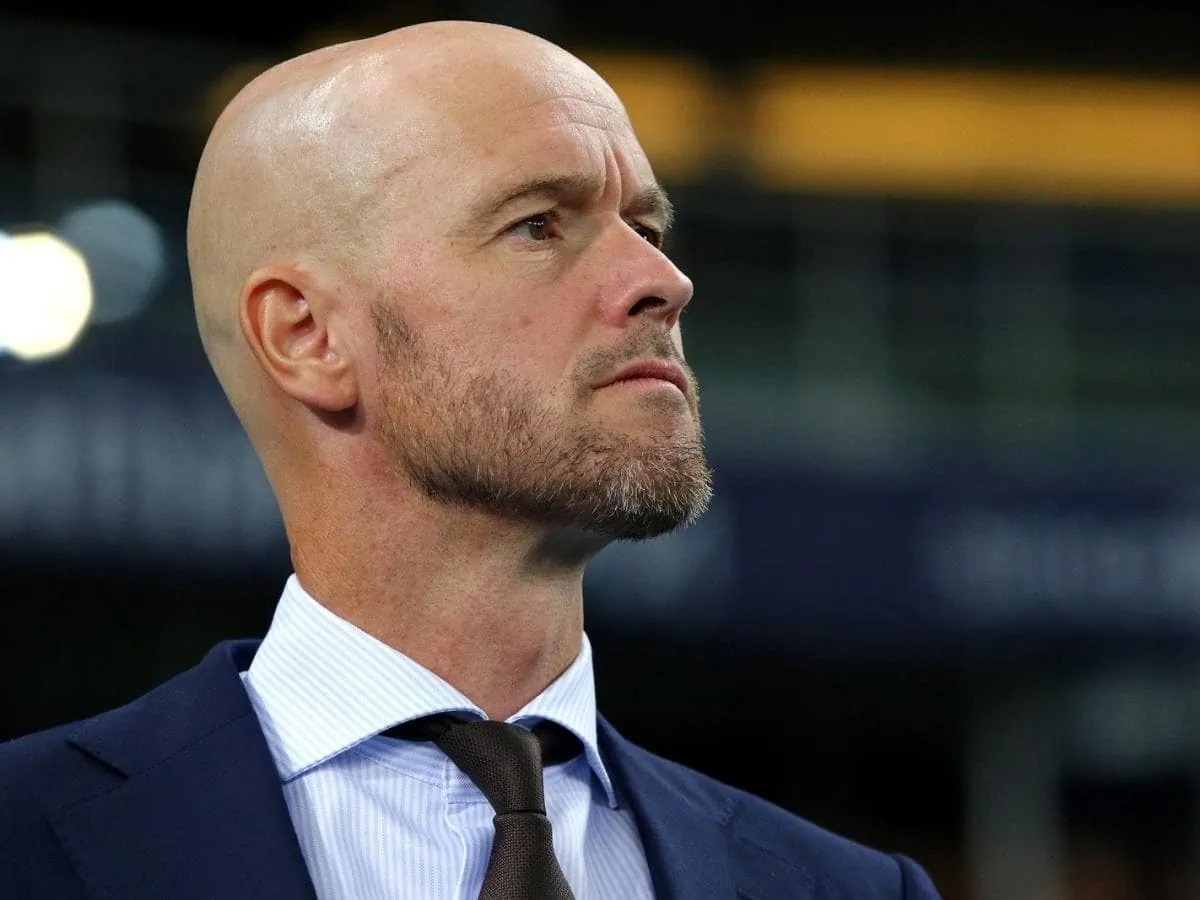
- What does a soccer coach do?
- Is a head coach and manager the same?
- What’s the difference between a manager and a head coach in soccer?
- Is Pep Guardiola a head coach or manager?
- Is Jurgen Klopp a head coach or manager?
- What’s the role and responsibilities of the coach/manager?
- Can a coach or manager play soccer?
What does a soccer coach do?
A soccer coach develops the skill and fitness of the players. They plan and lead training sessions, focusing on different game areas.
A soccer coach will take the players through drills in training. They aim to improve the players and the team as a whole. Work can be done on technique, fitness, and tactics.
Also, they’ll work with individual players to improve specific parts of that player’s game. Additionally, there can be soccer coaches for different positions. These coaches will focus on their particular areas of expertise.
- For example, Aron Hyde is the goalkeeper coach for the USA Men’s National Team. It’s his job to use his expertise to develop the team’s goalkeepers and improve them.
To get an idea of this, check out one of his earlier training clips here:
Is a head coach and manager the same?
No, a head coach and manager aren’t the same. Because there are similarities in the roles of head coach and manager, the terms sometimes mean the same.
But there are differences, as we’ll soon see. Both head coaches and managers are responsible for improving players, tactical choices, and team picking.
It’s the responsibility of both to get the best results from the players and to win soccer games.
- So, head coaches and managers need good training methods to improve players and must be tactically aware of selecting the best formation for the team.
They must know the players well to pick the best team.
But there are some differences between a manager and a head coach in soccer, as we’ll see in the next section.
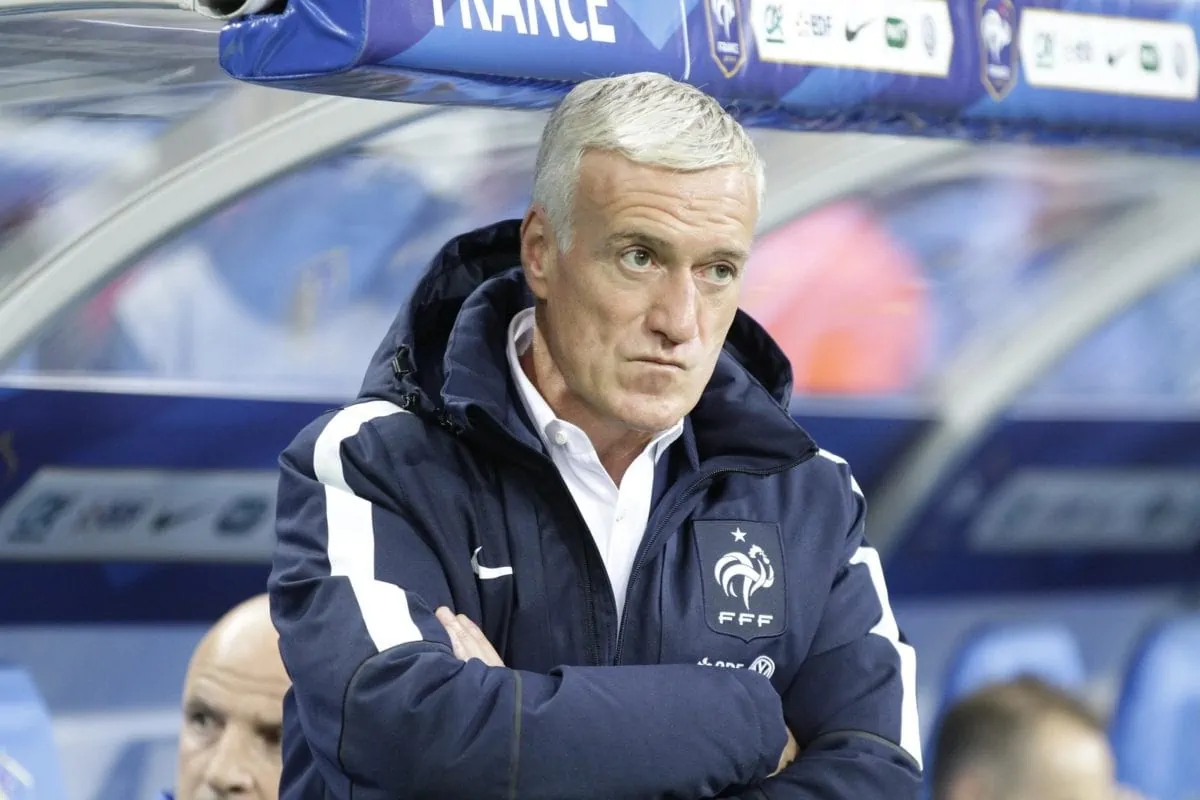
What’s the difference between a manager and a head coach in soccer?
The difference between a manager and a head coach is that a manager has more responsibilities, including contracts, transfers, and the academy team.
Managers
A manager has more control over the soccer club and has more authority. Let’s look at what managers are involved in:
- Identifying the players they want to sign for the team.
- Renewing player contracts. If a manager wants to keep a player in the team, they’re responsible for the player’s contract.
- Choosing their backroom staff – coaches, physios, doctors.
- Their club’s youth academy. Managers oversee the development of facilities and players. This ensures the club develops the types of players the manager wants.
- Managers make decisions on training ground facilities. For instance, a manager could decide that the training ground needs an upgrade.
So, a manager has a lot of authority and many responsibilities.
They have so much control over decisions, meaning the philosophy of the soccer club is the same, top to bottom.
Former Manchester United manager Alex Ferguson is a great example of a manager. He was in charge of everything relating to the soccer side of the club and ingrained a philosophy.
It was so ingrained, in fact, that former Manchester United defender Gary Neville states:
“No one should ever be allowed to enter Manchester United Football Club ever again and adopt a different philosophy to the one the club has.”
Gary Neville
But this kind of manager isn’t as common in today’s soccer world as it was even 10 years ago.
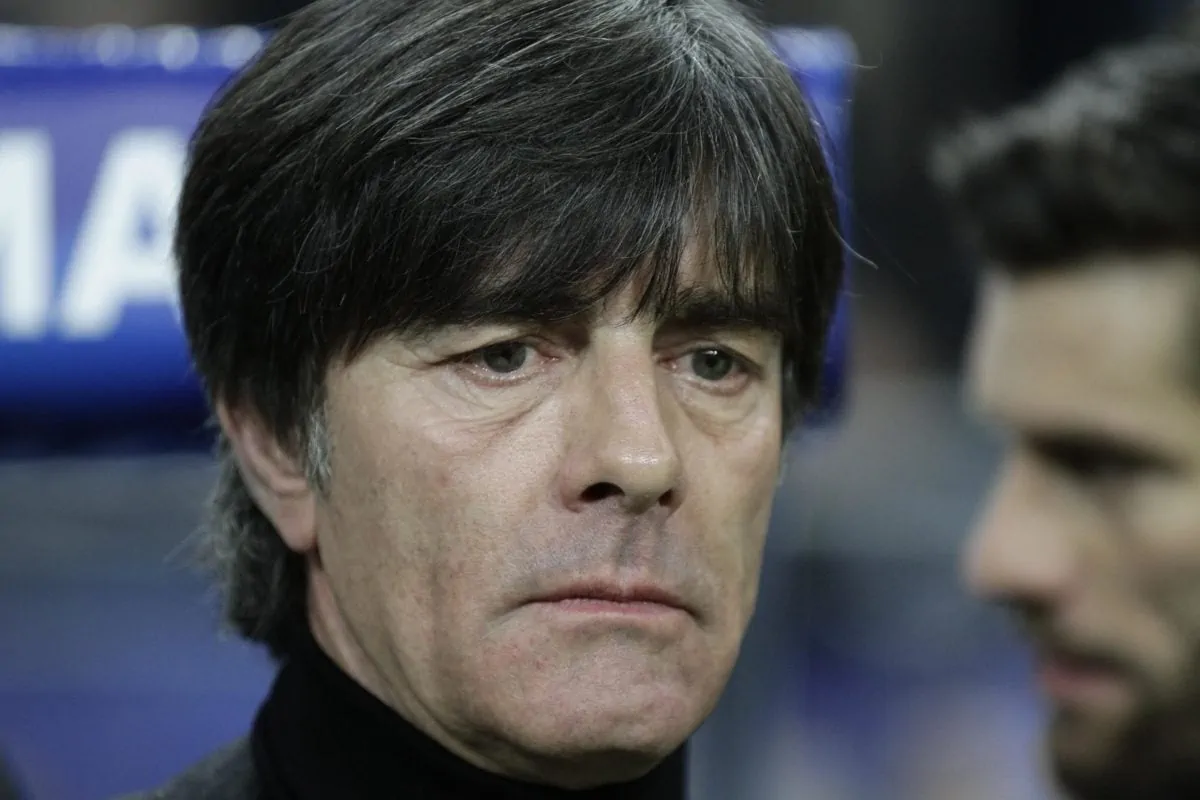
Head Coaches
A head coach has less authority and less responsibility as a manager. The main focus is the team’s games and training. Head coaches don’t have as much control over the soccer club.
For instance, head coaches work under a director of soccer (or sporting director). The director of soccer is responsible for player transfers, sorting out contracts, identifying transfer targets, finding a coach if the club needs one, and balancing budgets.
So, head coaches aren’t in charge of player transfers, etc. They might offer some input when it comes to transfers, but the director of soccer makes the final decision.
Also, unlike managers, head coaches don’t deal with player contracts or hiring staff.

So, what do head coaches do?
The role of the head coach is simpler than a manager’s role. Head coaches have three main responsibilities:
- Improving the players on the team.
- Making the team play better.
- Winning soccer games.
Unlike managers, head coaches don’t have to worry about any tasks like player transfers or player contracts.
Therefore, a manager has more responsibilities than a head coach.
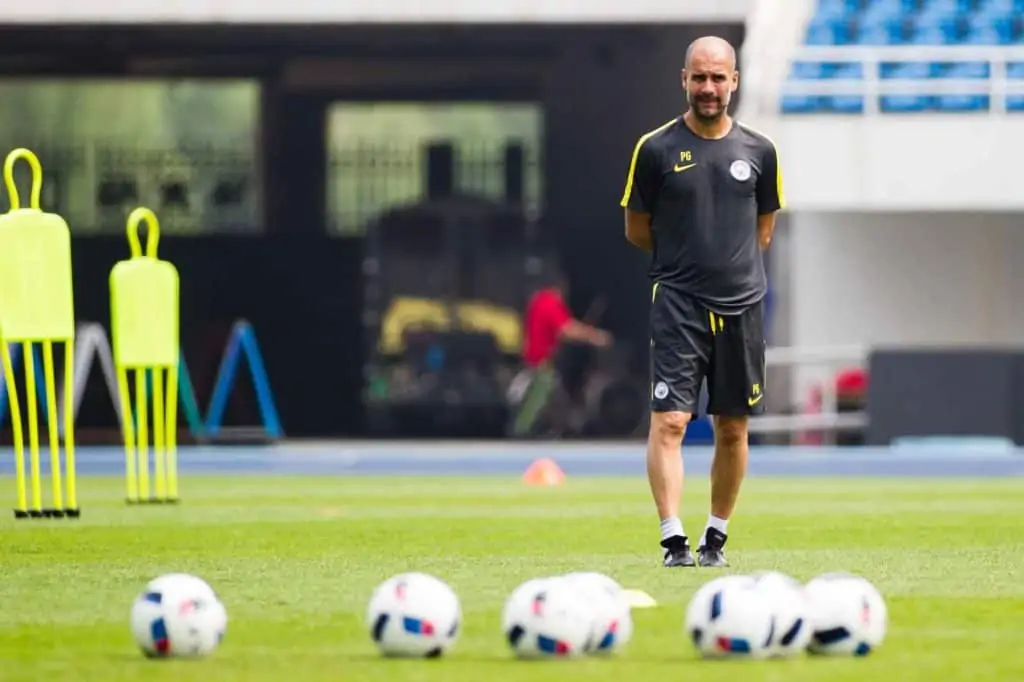
Is Pep Guardiola a head coach or manager?
Pep Guardiola of Manchester City FC is a head coach. In our previous example, he doesn’t have as much control over his club as Alex Ferguson did, so Guardiola is considered a head coach.
He works under a director of soccer, Txiki Begiristain, at Manchester City. But he and Guardiola have had a close professional relationship since their time at Barcelona.
So, Guardiola is always consulted when it comes to transfers, etc. Because Guardiola is such a respected figure in soccer, he has a lot of input at Manchester City.
But he doesn’t make the final decisions on transfers, contracts, budgets, etc. He’s only consulted on the best way to move forward. So, Guardiola is a head coach because he doesn’t have the manager’s responsibilities.
Guardiola has control over the day-to-day coaching of the team. He leads the team on the soccer field, in training and has full control over team selection.
Because of his influence, Guardiola plays a major part in making Manchester City a superpower in soccer. But that doesn’t make him a manager.
In the structure of Manchester City FC, Pep Guardiola is the head coach.
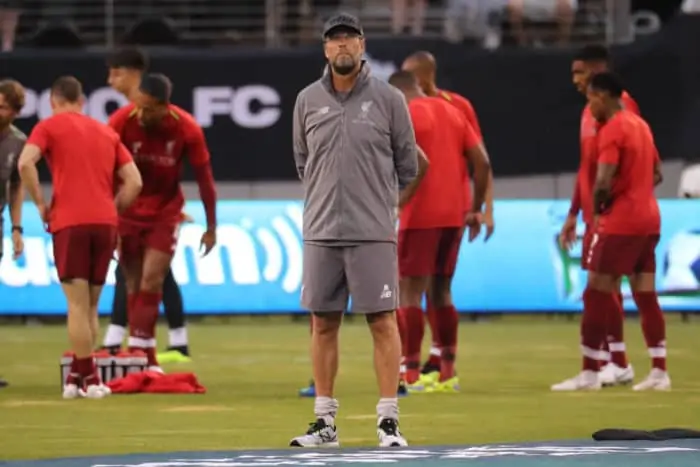
Is Jurgen Klopp a head coach or manager?
Jurgen Klopp of Liverpool FC is a head coach. Like Guardiola, Klopp is a respected figure in soccer. And because Klopp won Liverpool’s first-ever English Premier League title in the 2019-20 season, he’s an influential figure at the soccer club.
But Klopp works under a sporting director, Michael Edwards, meaning he doesn’t make final decisions on transfers, contracts, budgets, etc.
Of course, because of his standing within the club, Klopp is consulted on decisions. He works closely with the sporting director to make the best choices for Liverpool FC. But Klopp doesn’t make the final decisions.
Klopp has full control over the day-to-day coaching of the team, leading the team in training and on the soccer field. He has complete control over team selection and always chooses the team that’ll play the games.
Klopp is super important at his soccer club, just like Guardiola.
But he’s not a manager.
At Liverpool FC, Jurgen Klopp is the head coach.

What’s the role and responsibilities of the coach/manager?
In addition to what we’ve already discussed, the coach/manager has the role and responsibilities of advisor, assessor, counselor, demonstrator, mentor, and motivator.
Let’s take a look at these in more detail.
- Advisor – the coach/manager is an expert on soccer. They give the players advice when it comes to the game, especially when it comes to tactics and positioning on the field.
- Assessor – they assess the performance of players in training and in games. This helps them advise players on areas they need to work on.
- Counsellor – the coach/manager is there for the players when they need to talk. Sometimes a player finds it difficult to fit into the team. Or they might have moved to an unfamiliar country or city.
A good coach/manager will be there for them to talk and offer support.
- Demonstrator – they demonstrate their vision to the players. For instance, if they want players to attack in a certain way, they’ll show the players what they mean.
A demonstration can be much more effective than words alone.
- Mentor – the coach/manager was usually a player. They’ve been there and done it. That means they can use their experience to mentor players.
Not only on the soccer field but in dealing with everything involved in soccer. This could mean mentoring high-profile players to deal with fame and fortune.
- Motivator – they have to motivate players to perform well. This can be tricky, because every player has a different personality.
So, the coach/manager has to be a good person-to-person motivator. They might have to be tough on one player to motivate them. But this might not work on another player, who needs a soft approach, an arm around the shoulder for reassurance.
The coach/manager has to find the best approach for each player.
From this, we can see that the role and responsibilities of the coach/manager are varied.

Can a coach or manager play soccer?
Yes, a coach or manager can play soccer. They’re referred to as a player-coach or player-manager.
They have coaching/managing duties but also play on the soccer team. So, during games, they make changes to tactics and the team. But they also play on the team.
Manchester City legend Vincent Kompany is a good recent example of this. After leaving City, he joined Anderlecht in Belgium as a player-manager.
But his dual role didn’t last too long. His role now at Anderlecht is solely a manager.
So, the role of player-coach or player-manager still exists in soccer. And we may see some high-profile examples of this in the future.
Joel is a seasoned soccer journalist and analyst with many years of experience in the field. Joel specializes in game analysis, player profiles, transfer news, and has a keen eye for the tactical nuances of the game. He played at various levels in the game and coached teams - he is happy to share his insight with you.



